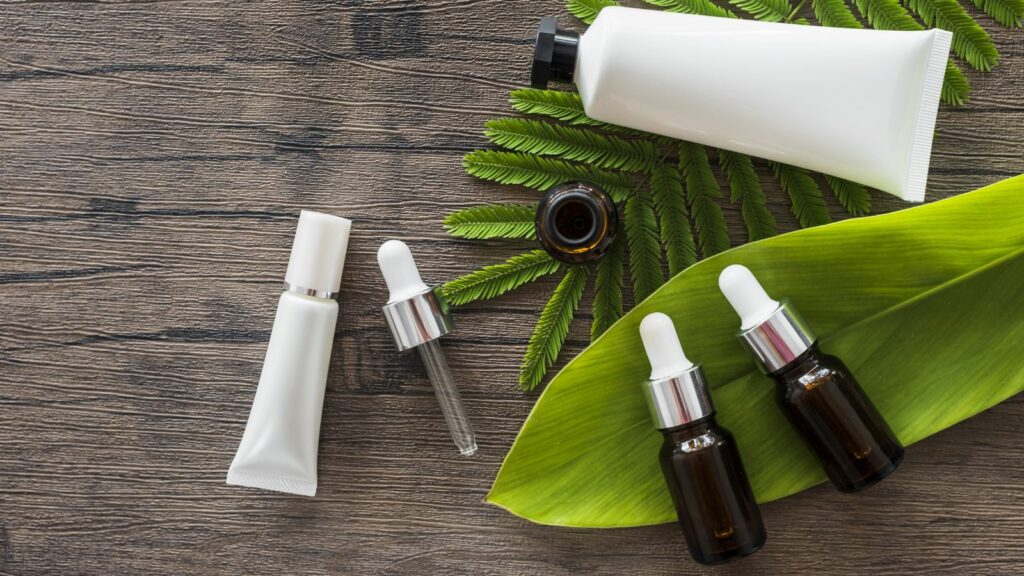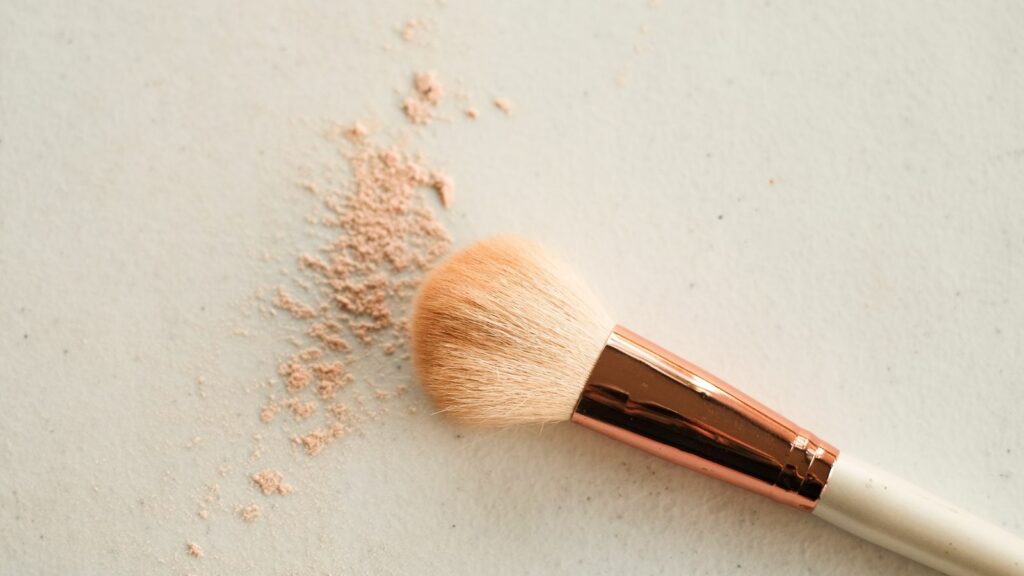In the thriving world of beauty and personal care, distributors play a pivotal role. They’re the unseen force that bridges the gap between manufacturers and consumers, ensuring that the latest and most effective products find their way to the shelves of your favorite stores.
In the USA, this industry is a bustling hive of activity, teeming with distributors of all sizes. From small, niche businesses specializing in organic skincare, to large corporations dealing in a wide range of personal care products, there’s a distributor for every need.
Beauty and Personal Care Distributors in Usa

The beauty and personal care industry in the USA engages numerous distributors, each playing a crucial role in the supply chain. These distributors fall into various categories including small-scale businesses targeting particular market segments, and large corporations servicing broad market demographics. This section delves deeper into the crucial roles these intermediaries play, their operational methodologies, and the overarching influence they wield on the market itself.
Importance in the Industry
Beauty and personal care distributors in the USA carry an inescapable significance. They serve as vital links connecting manufacturers with the end consumers, ensuring a seamless flow of products. Small niche distributors, for instance, often cater to specialized markets such as organic or vegan beauty products. By doing so, they provide a platform for smaller manufacturers to reach niche clientele.
In terms of market impact, these distributors influence product accessibility and consumer preferences. The brands they choose to represent indirectly shape the market’s overall product availability. Furthermore, their marketing and promotional strategies construct consumer perceptions about these brands, thereby influencing purchase decisions to a significant extent.
Leading Distributors in the Market
The beauty and personal care market teems with numerous distributors, each leaving a significant imprint on the industry landscape. These distributors range from major players with widespread networks to niche distributors, unique for their specialized offerings.

Major Players and Their Strategies
Among the key distributors are esteemed corporations like L’Oréal USA and Proctor and Gamble. L’Oréal USA, boasting a prestigious portfolio of brands, employs an aggressive marketing approach. They reinforce customer trust through quality assurance, constant innovation, and comprehensive product lines that span across various market segments.
On the other hand, Proctor and Gamble harness reliable distribution channels, excelling in delivering products effortlessly to consumers across the nation. Their strength lies in the smart execution of strategic alliances with retail partners, ensuring an extensive product reach.
Niche Distributors and Their Unique Offerings
Niche distributors present a stark contrast to the major players. Companies like Beauty Solutions and SalonCentric extend the marketplace to include non-mainstream brands. They offer a range of specialized products, catering to a unique subset of consumers seeking tailored solutions.
Beauty Solutions focuses on delivering high-quality, professional-grade hair and skincare products. Partnering with premium manufacturers, they distribute their products extensively to salons and spas.
SalonCentric, another significant niche player, positions itself as a one-stop-shop catering to salon professionals’ specific needs. Their specialized product line, coupled with extensive educational resource offerings, sets them apart from traditional distributors.
Trends Influencing Distribution in Beauty and Personal Care
Today, technological advancements lend major influence on the distribution trends in the sphere of beauty and personal care. Emerging technologies, predominantly E-commerce platforms, shape business models followed by distributors. For instance, distributors exploit digital channels for expanding customer reach beyond geographical barriers, enhancing inventory management, and streamlining supply chains.

Further advancements include embracing AI-driven tools and robotics, for better order fulfilment and warehouse management. These technologies aid in battling challenges associated with warehousing, such as wasted space and delayed order fulfilments.
A significant transformation in the beauty and personal care product market pivots around the rising demand for organic and sustainable goods. Enlightened consumers now demand products that are not only beneficial for their health and beauty but also for the planet. This shift presses distributors to adapt their inventory and strategies to this new trend.

